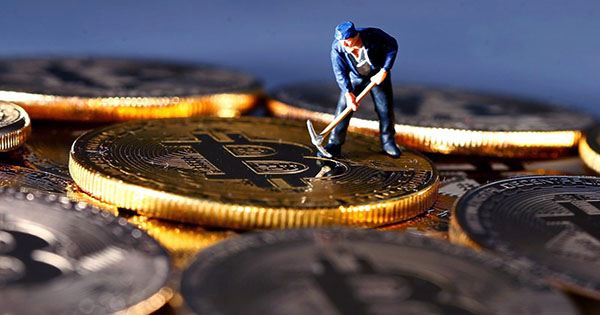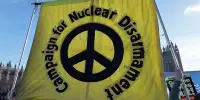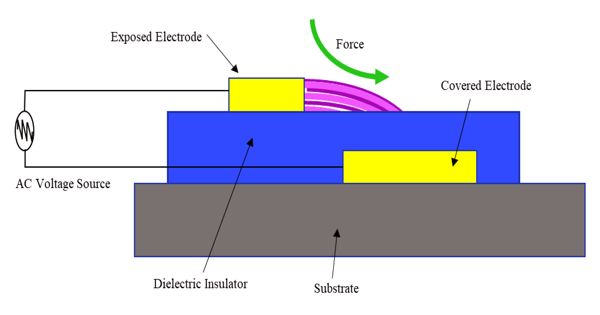When you hear the word “Bitcoin,” who comes to mind? Is it possible that a certain billionaire is involved? A hacker who is bored yet ultimately generous? What about El Salvador?
Whoever comes to mind isn’t a “seasteader” like Grant Romundt, Rüdiger Koch, or Chad Elwartowski, three individuals who jointly answered the question “What if a frontiersman had a baby with Captain Nemo, and that baby subsequently pissed off a Greek god?” last year.
It was created with the intention of being a utopia. In October 2020, Romundt, Koch, and Elwartowski banded together to purchase the Pacific Dawn, a $9.5 million ex-cruise liner that they dubbed MS Satoshi after Bitcoin’s inventor. They had a simple dream: to create a new community on the sea that was free of taxes, rules, and fiat currency. Satoshi would reside at the center of the town, surrounded by a collection of space-age-looking pod homes and two floating platforms planned for farms, parks, and manufacturing in the shape of a B — for Bitcoin.
If all of this sounds a little too pie in the sky – or sea – to you, you have better instincts than the Bitcoin brothers.
“We were like, ‘This is just so hard,’” Romundt said in an interview with The Guardian.

The high seas are not, as they are frequently depicted, a wild and lawless paradise, as the trio quickly discovered. They are, in reality, some of the most heavily controlled areas on the planet, particularly for cruise ships. Peter Harris, the veteran cruise ship captain hired by Koch to pilot the Satoshi, told the Guardian, “I was thinking a week into the job, I can tell I’m going to be retiring.”
“He didn’t have a clue about the business… He simply assumed he could treat it as though it were his own yacht.”
The issues began almost immediately. It turned out that the ship was not legally seaworthy. Instead of docking off the coast of Panama, the group was obliged to travel to Gibraltar for necessary inspections and repairs. Even still, insurers refused to cover the ship — “They wouldn’t even tell us why we weren’t insurable, they just kept saying no,” Romundt claimed.
They ran into an issue that has plagued humans since the dawn of time when they arrived in the Central American country they wished to call home: what to do with all the… effluent. They’d have to sail the 19 kilometers (12 miles) out to international waters every three weeks to discharge the rubbish if they couldn’t dump it in Panamanian waters.
Then there was the price: $12,000 a day in fuel while on the move, and up to $1 million per month in maintenance even when docked.
















